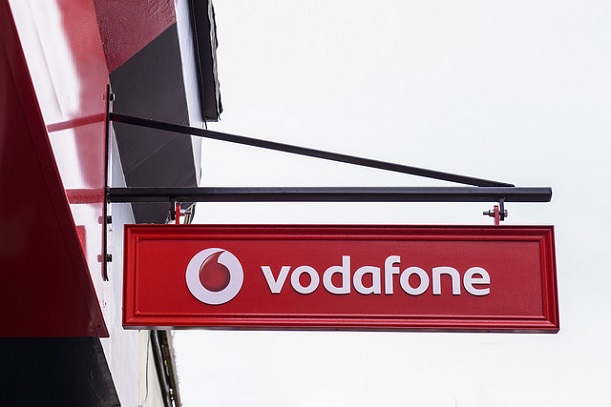Ericsson and Vodafone have developed a proof of concept of a 5G network, and demonstrated how innovations such as network slicing and distributed cloud technology will bring greater efficiencies to industrial processes.
Following a joint commitment to 5G innovation announced at Mobile World Congress 2016 in February, the pair have established a 5G Smart Network Edge prototype, including a 5G ready core, by connecting Vodafone’s 5G Lab in Düsseldorf and Ericsson’s Eurolab in Aachen, both in Germany.
During a live demonstration at Ericsson’s Innovation Day in Aachen last month, they showed how a Machine Vision (MV) application in a 5G environment could improve production processes.
MV is increasingly used for quality assurance within manufacturing to measure or recognize objects. In a typical setup pictures provided by high-speed cameras are processed, analysed and trigger further actions such as sorting out defect parts.
In the Aachen showcase, the recognition rate of a cloud-based MV face detection application increased due to reduced 5G network latencies. As a consequence, less video traffic was sent over the Wide Area Network and sensitive data was retained locally, and therefore better protected against unauthorised access, Ericsson said.
Sonja Graf, Head of Vodafone Innovation Park at Vodafone Germany, said: “The Face Recognition use case is just one example demonstrating how 5G will meet the diverse needs of a wide range of industries.”
Valter D’Avino, Head of Ericsson Western & Central Europe, added: “We are delighted that the Ericsson and Vodafone labs have come together to innovate and this first use case shows an excellent example of how 5G can enable industries to become more efficient as well as more secure and cost effective.”


